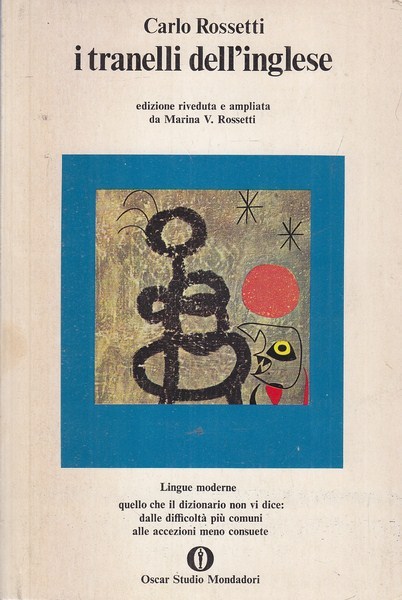It always strikes me as odd when a language lacks words for fairly general concepts. Even more so when the culture it refers to has a lexical arsenal at its disposal to describe a myriad objects and ideas relating to the very same domain.
Indeed, Italian is notoriously prolific when it comes to naming concepts and things concerning the sacred and the religious sphere. It is therefore surprising to realize that no single word exists to describe ‘mourner’ in all its facets. Thus, a sentence like Few mourners attended the funeral will likely need to be rendered as C’era poca gente al funerale, losing the idea of grief in the process. To be sure, corteo funebre (a collective noun like cortege) can sometimes stand in for ‘mourners’ within the context of a funeral. However, things can get trickier when English mentions individual mourners. As I research Google Books, a few examples mention ‘scattered mourners’. How could this be translated into Italian? Some might think that dolenti (a term that can be found in dictionaries) could work just fine like its Spanish or Portuguese cognates (dolientes and doentes, respectively). In fact, current usage seems to restrict this word to a few – mostly obsolescent – cases. Carlo Rossetti in his groundbreaking I tranelli dell’inglese (originally published in 1936) dismisses the use of dolenti in favor of i parenti del defunto or i familiari del defunto. However, that does not cover the broader meaning of ‘mourners’. Cordogliante is another word that crops up. But how widespread and frequent is it?

Which leads us to yet another more interesting question: why does Italian have a very specific word for ‘hired mourner’ (prefica) but not for ordinary mourner? Admittedly, professional mourners were fairly common in some Mediterranean and Asian countries, so it stands to reason that Italian has absorbed the term. Prefica is a lovely word, despite the dubious nature of the job implied, though, it, too, is becoming obsolescent as the funeral lament industry has been experiencing a downward trend recently.

We are thus left with the question of how to best translate ‘mourner’ in its broader meaning of ‘sufferer’. Imagine translating ‘forgotten mourners’, ‘black-clad mourners’, or ‘fellow mourners’ into Italian. Circumlocutions requiring ‘chi è in lutto’, ‘chi soffre’, ‘persone in lutto’, ‘chi ha perso una persona cara’ or suchlike phrases can sometimes fit the bill, but is it perhaps time to either dust off an old-fashioned expression like dolente (which might ruffle some feathers) or coin a new word. Any suggestions?
